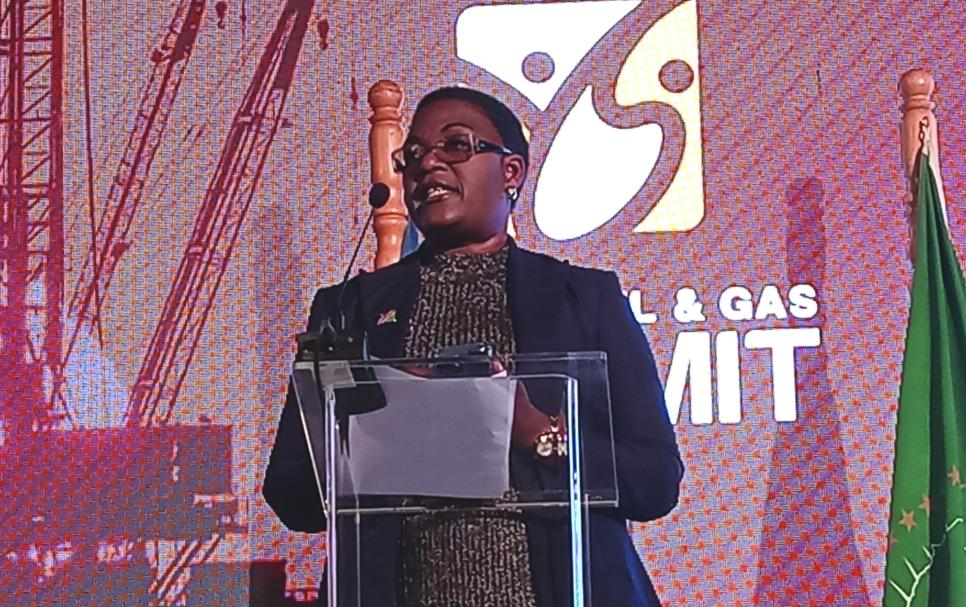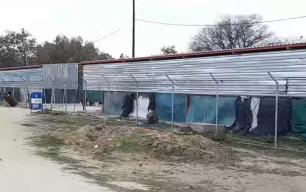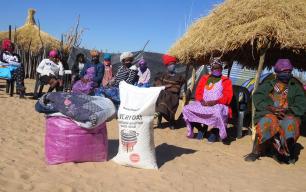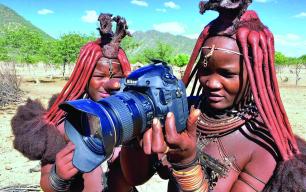Oil should benefit youth - Shilunga

- By Adolf Kaure
Special advisor and head of the Upstream Petroleum Unit in the Presidency, Kornelia Shilunga said that all stakeholders have a collective responsibility to ensure that oil discoveries benefits everyone, especially the youth. She said this at the recent second edition of the Youth in Oil and Gas Summit (YIOGS) at Walvis Bay, Erongo region.
The two-day event was organised with the aim of placing Namibian youth at the heart of the country’s energy future under the theme: “Drilling into the future: Empowering youth in Namibia’s oil and gas revolution”. According to Shilunga, the recently launched Namibia’s Sixth National Development Plan (NDP6), aims at empowering citizens and corporations to actively participate in the sector’s value chain.
“The sector offers opportunities through the full industry spectrum. The holistic approach of value capturing along the full value chain will ensure that the benefits of the oil and gas industry are felt across the entire economy and creates opportunities for consequently developing an industrialized Namibia,” said Shilunga.
The summit brought together more than 400 delegates, including university students, high school learners, industry professionals, government officials, local service providers, as well as both local and international players. According to recent statistics, by 2024, a total of 28 offshore oil and gas exploration wells and 15 appraisal wells had been drilled, alongside 10 exploratory wells onshore.
The country boasts an estimated 11 billion barrels of oil and approximately 2.2 trillion cubic feet of natural gas reserves, making Namibia a key emerging player in the global energy sector.
Under NDP6, Namibia seeks to produce 150 million barrels of oil equivalent, push gas production to 130 million standard cubic feet per day and create 22,800 jobs by 2030. An additional target of 15 percent has been set for local content and carried participation in oil and gas from the current 10 percent. “Namibia’s upstream potential provides several opportunities that our youth can plug into, ranging from petroleum engineering, geosciences, offshore operations, environmental and regulatory compliance and logistics and support services.” she added.
“I challenge industry players to invest in capacity building. I challenge the academia to align curricula with current and future energy needs. I challenge … the government to accelerate youth-focused reforms and policies.” Shilunga further urged young Namibians to capitalize on the oil and gas revolution, exhorting leaders in the sector to manage it with integrity. “I challenge… our youth, to proactively seek knowledge, ask questions and to build networks.
This is the perfect platform. The revolution must be powered by integrity, led with courage and anchored in inclusion. The youth are not only the future of this industry, but they are also its present momentum.” Shilunga added: “We also recognise that this revolution must be responsible. The oil and gas sector must uphold the highest standards of environmental protection and social accountability. Our young people must be the conscience of this industry,” she said.
Justina Erastus, the founder of YIOGS, reaffirmed the mission to create a movement powered by action, opportunity and trust in youth capacity. “We are no longer just discussing the industry, we are building it with young Namibians at the centre”. Chief executive officer of PETROFUND, Nillian Mulemi highlighted the summit as a key platform for youth engagement and showcased the organization’s upstream scholarship programme and practical training opportunities through industry partnerships.
Erna van der Merwe, managing director of Walvis Bay Diving and Salvage, the summit’s diamond sponsor, emphasised that: “No vision can be realized without investing in people and future leaders, which is exactly what this summit represents”. The event also featured a panel discussion of bridging the skills gap.
- 318 views










Comments